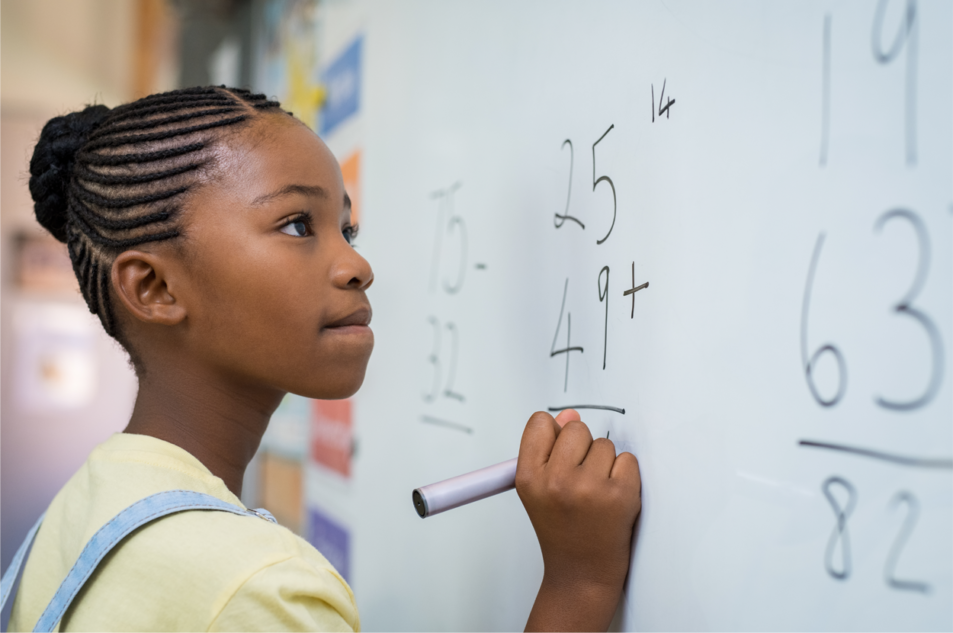The Power of Real-World Examples in Mathematics
Mathematics, often perceived as a complex web of numbers and formulas, can become significantly more engaging and understandable when linked to real-world examples. Using practical scenarios not only helps demystify complex concepts but also demonstrates the relevance of math in everyday life. Let’s delve into the importance and effectiveness of …










